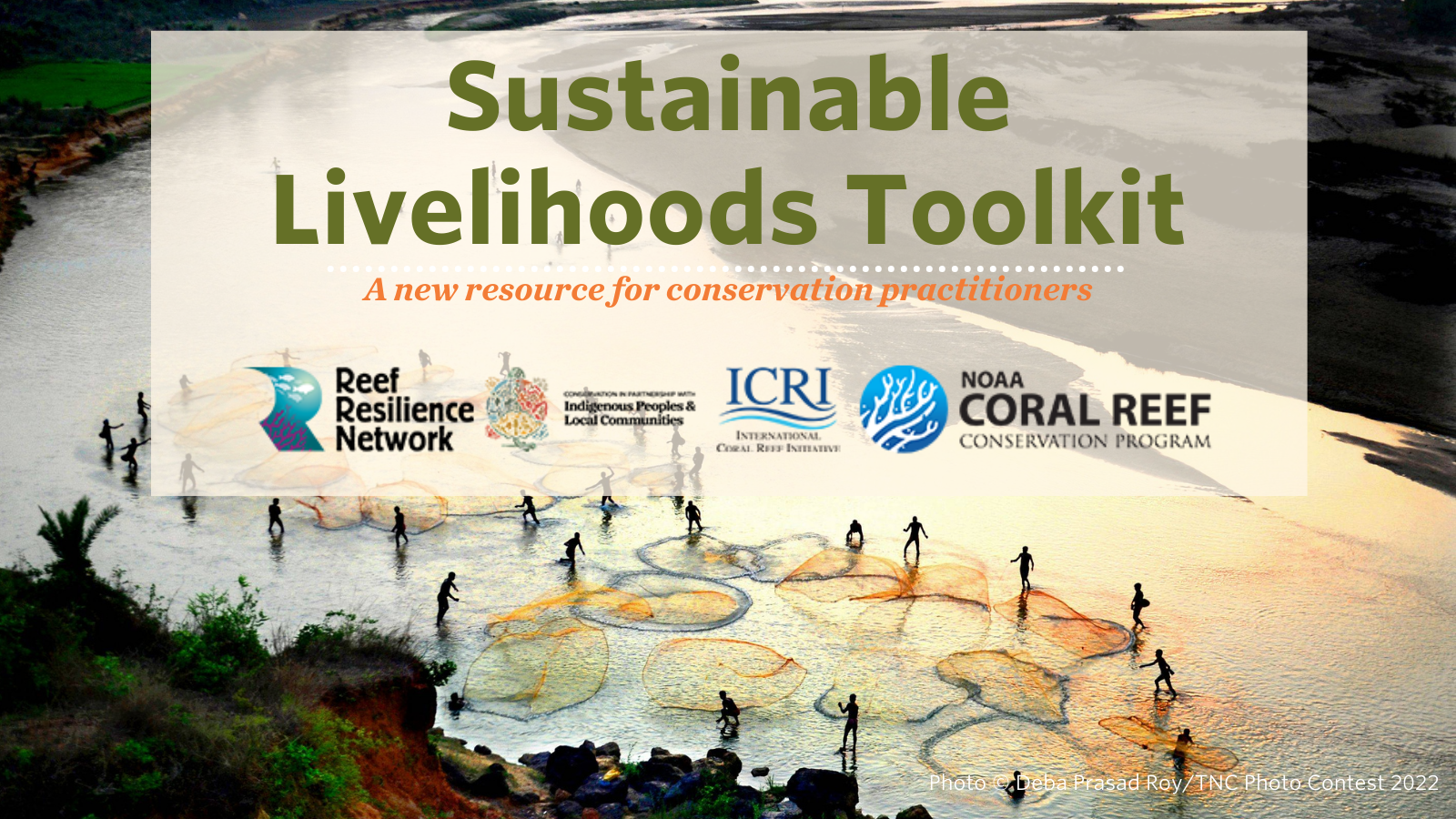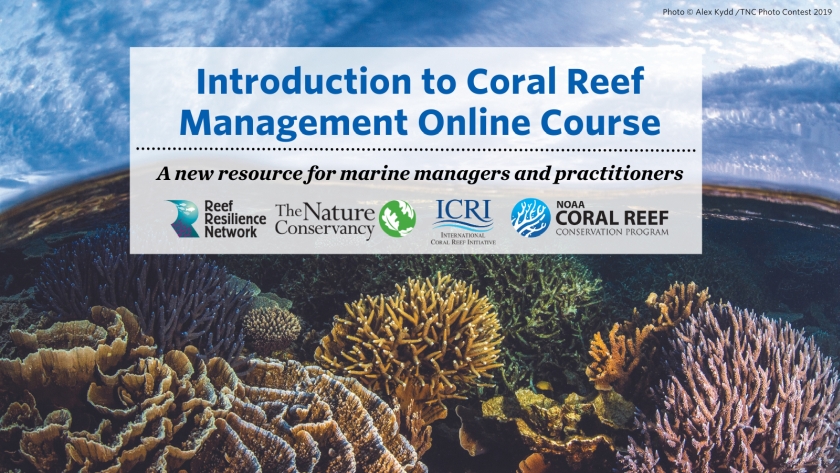Guest et al. (2012) examine the bleaching and mortality responses of corals at sites in Southeast Asia with different thermal histories during a large-scale bleaching event in 2010 to explore whether corals have the capacity to adapt to elevated sea temperatures. They also assess whether reefs in more thermally variable environments bleach less severely during heat stress events. They found increases in thermal tolerance on reefs that previously experienced major bleaching with the most susceptible species exhibiting the greatest increases in thermal tolerance. They also demonstrated that corals generally bleached less severely at locations where temperature variability has been greater and warming rates lower over the last 60 years. These results are important because they suggest that locations that are more resistant to bleaching can be identified from analyzing their thermal histories, and such sites could be considered priorities for protection in marine protected area (MPAs). These results add to a growing body of evidence suggesting that the capacity for adaptation and acclimatization in corals has been underestimated which is good news for coral reefs.
Author: Guest, J.R., A.H. Baird, J.A. Maynard, E. Muttaqin, A.J. Edwards, S.J. Campbell, K. Yewdall, Y.A. Affendi, and L.M. Chou
Year: 2012
View Full Article
PLoS ONE 7(3): e33353. doi:10.1371/journal.pone.0033353


